Dumpster Rental in Chicago
Maximizing Your Dumpster Rental in Chicago: Tips and Tricks
Dumpster rentals in Chicago can be a game-changer for any project, big or small. From home renovations to community cleanups, having the right dumpster can make your job easier and more efficient. But how do you make sure you’re getting the most bang for your buck? In this comprehensive guide, we’ll walk you through the ins and outs of maximizing your dumpster rental in Chicago experience.
Why Dumpster Rentals Are Crucial in Chicago
Chicago is a bustling city with diverse neighborhoods and constant developments. Whether you’re a homeowner decluttering your garage or a contractor managing a large construction site, waste management is a crucial part of your project. Renting a dumpster can help you keep your work area clean and organized, making it easier to complete your job efficiently.
- Convenience: Having a dumpster on-site allows you to dispose of waste as you go, saving you multiple trips to the dump.
- Cost-Effective: Renting a dumpster can be more economical than other waste disposal methods, especially when you consider the time and effort saved.
- Environmentally Friendly: Many dumpster rental companies offer recycling services, helping you minimize your environmental footprint.
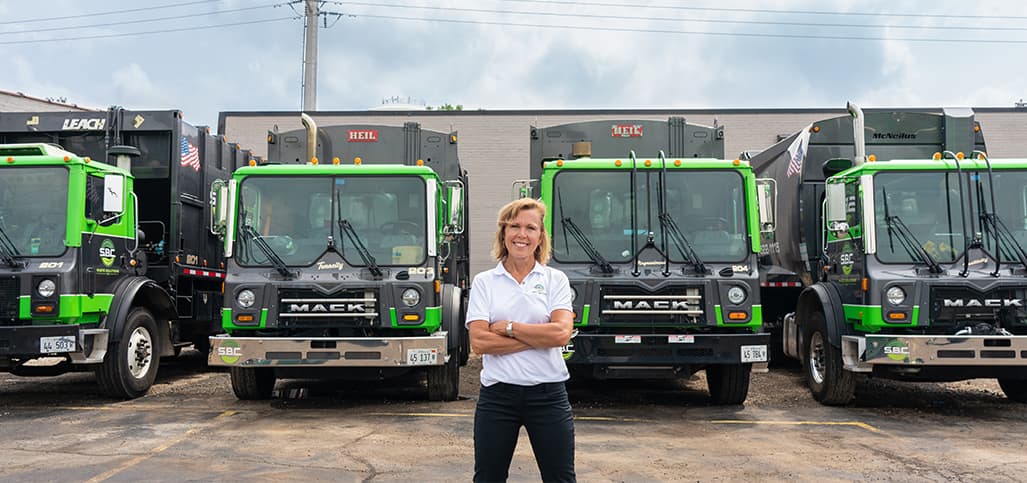
Dumpster Rental in Chicago
Understanding Your Project Needs
Before you rent a dumpster, it’s essential to understand the specific needs of your project. This will ensure that you choose the right size and type of dumpster, making your waste management process smooth and cost-effective.
The first step is to evaluate the scope of your project. Are you tackling a small home decluttering task, or are you managing a large-scale construction site? The amount and type of waste you’ll generate can vary significantly depending on the project’s size and nature. For example, a home renovation might produce a mix of old furniture, drywall, and flooring, while a construction site might have concrete, wood, and metal debris. Understanding the scope will help you estimate the volume of waste you’ll need to dispose of.
Determining the Right Size Dumpster for Your Waste
Choosing the right size dumpster is crucial for efficient waste management. Dumpsters come in various sizes, typically ranging from 10 to 40 cubic yards. Here’s a quick guide to help you determine the right size:
- 10-Cubic Yard Dumpster: Ideal for small cleanout projects like garage decluttering or minor home renovations.
- 20-Cubic Yard Dumpster: Suitable for medium-sized projects such as kitchen or bathroom remodels.
- 30-Cubic Yard Dumpster: Perfect for larger renovation projects or small construction sites.
- 40-Cubic Yard Dumpster: Best for large-scale construction projects or major home renovations.
Selecting the right size prevents overfilling, which can lead to additional fees and project delays. By accurately assessing your needs and choosing appropriately, you can streamline your workflow and ensure a hassle-free dumpster rental experience.
Selecting a Reliable Dumpster Rental Provider
Choosing the right dumpster rental provider is crucial to ensuring a smooth and hassle-free experience. Here are some key factors to consider when selecting a reliable company:
- Reputation and Reviews: Start by researching potential providers online. Look for reviews and testimonials from previous customers to gauge the company’s reliability, customer service, and overall satisfaction. A company with consistently positive feedback is more likely to meet your needs.
- Range of Services: Ensure the provider offers a variety of dumpster sizes and types to accommodate different projects. This flexibility allows you to select a dumpster that fits your specific requirements without overpaying for unused capacity.
- Pricing Transparency: A reputable dumpster rental company will provide clear and upfront pricing with no hidden fees. Request a detailed quote that includes delivery, pickup, and disposal costs to avoid unexpected charges.
- Local Expertise: Opt for a provider with extensive knowledge of Chicago’s regulations and disposal requirements. A local company is more likely to be familiar with permit requirements and legal dumping sites, ensuring compliance with city ordinances.
- Customer Support: Excellent customer service is essential. Choose a provider that offers responsive and helpful support, ready to assist with any questions or issues that may arise during your rental period.
- Sustainability Practices: If environmental considerations are important to you, inquire about the provider’s recycling practices and commitment to sustainability. A responsible company will make efforts to recycle a significant portion of your waste.
By carefully evaluating these factors, you can select a dumpster rental provider that ensures a seamless and cost-effective waste management solution for your project.

Chicago Dumpster Rental Service
Maximizing Your Rental Period
To get the most value out of your dumpster rental, it’s essential to maximize your rental period effectively. Here are some strategies to ensure you utilize every aspect of your rental efficiently:
- Plan Ahead: Before the dumpster arrives, have a clear plan for your project. Knowing exactly when and where you’ll need the dumpster ensures that no time is wasted once it’s delivered. Schedule your delivery date to coincide with the start of your project to maximize the rental period.
- Organize Your Waste: Sorting your waste as you go can make the entire process more efficient. Create designated areas for different types of waste – recyclables, general refuse, and hazardous materials (if applicable). This organization not only maximizes space within the dumpster but also aligns with recycling practices.
- Break Down Large Items: Disassembling bulky items before placing them in the dumpster can save significant space. Break down furniture, cardboard boxes, and other large objects to fit more waste into the dumpster, reducing the need for additional dumpsters.
- Load Efficiently: Place heavier, bulkier items at the bottom of the dumpster and lighter materials on top. This method ensures a stable base and optimal use of space. Avoid overfilling the dumpster to prevent additional fees and complications during pickup.
- Monitor the Weight Limit: Be mindful of the weight limit for your rented dumpster. Overloading can result in extra charges and issues with transportation. Track the weight of your waste periodically to stay within the allowable limit.
- Extend If Necessary: If unforeseen circumstances delay your project, contact the rental company to discuss the possibility of extending your rental period. It’s better to communicate proactively rather than facing fines for an overdue dumpster.
By employing these strategies, you can ensure that you fully utilize your dumpster rental period, keeping your project on track and within budget.
Navigating Chicago’s Waste Management Regulations
Understanding and adhering to Chicago’s waste management regulations is pivotal for a smooth and compliant project. The city has stringent rules to regulate waste disposal, designed to promote public health, sustainability, and environmental protection. Here are some key aspects to keep in mind:
- Permit Requirements: Depending on the size and location of your project, you may need a permit for your dumpster. This is especially true if the dumpster will be placed on a public street or sidewalk. Check with the Chicago Department of Streets and Sanitation for specific permit requirements and application procedures.
- Allowed Materials: Chicago has specific guidelines regarding the types of waste that can be disposed of in dumpsters. Hazardous materials, including chemicals, paint, batteries, and asbestos, are generally prohibited. Ensure you are aware of these restrictions to avoid fines and ensure proper disposal.
- Recycling and Composting: The city mandates recycling for materials, and some projects may require a recycling plan. Familiarize yourself with the city’s recycling guidelines and options for composting organic waste to comply with regulations and support environmental sustainability.
- Construction and Demolition Debris: Specialized regulations govern the disposal of construction and demolition debris. Certain materials must be separated and recycled, and there are requirements for tracking and reporting the disposal of these materials. Be sure to follow these rules to avoid penalties and contribute to building a greener Chicago.
- Dumpster Placement: Proper placement of your dumpster is crucial to avoid fines and ensure public safety. If placing the dumpster on private property, make sure it’s out of the way of traffic and does not obstruct access. For public placements, adhere to specific distance requirements from intersections, driveways, and fire hydrants.
By thoroughly understanding and complying with Chicago’s waste management regulations, you can mitigate legal risks, avoid fines, and contribute to a cleaner, more sustainable city. Always stay updated with local laws as regulations can evolve, impacting waste management practices.
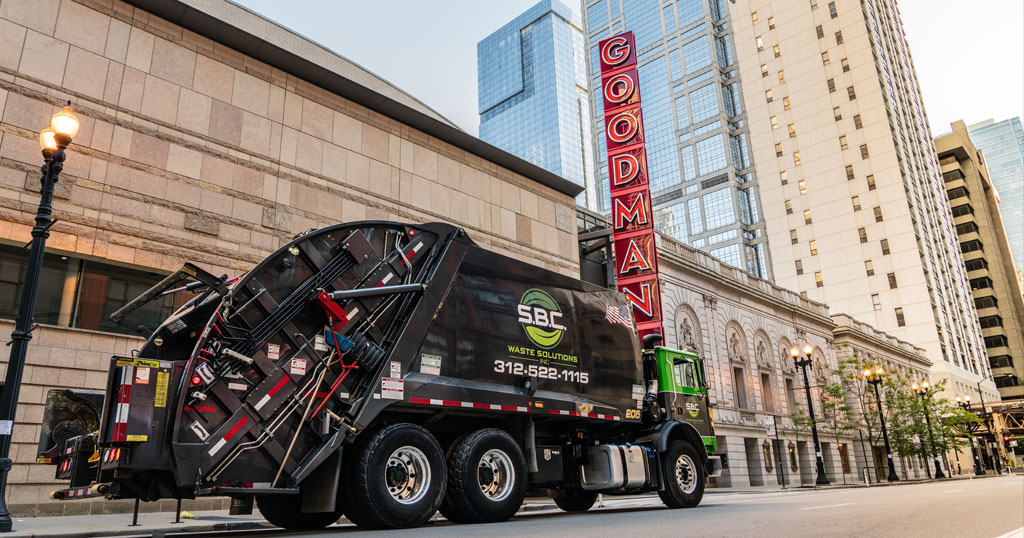
Chicago Waste Hauling Service
Conclusion
Renting a dumpster in Chicago requires careful consideration and planning. By selecting a reliable provider, maximizing your rental period, and adhering to waste management regulations, you can ensure a smooth and cost-effective waste disposal process for your project. Keep in mind the various factors discussed in this guide to make informed decisions and contribute to creating a cleaner and more sustainable city of Chicago. Don’t hesitate to reach out to local authorities or your rental company for any clarifications or assistance throughout the rental process.
https://www.google.com/maps?cid=4180240075447051620

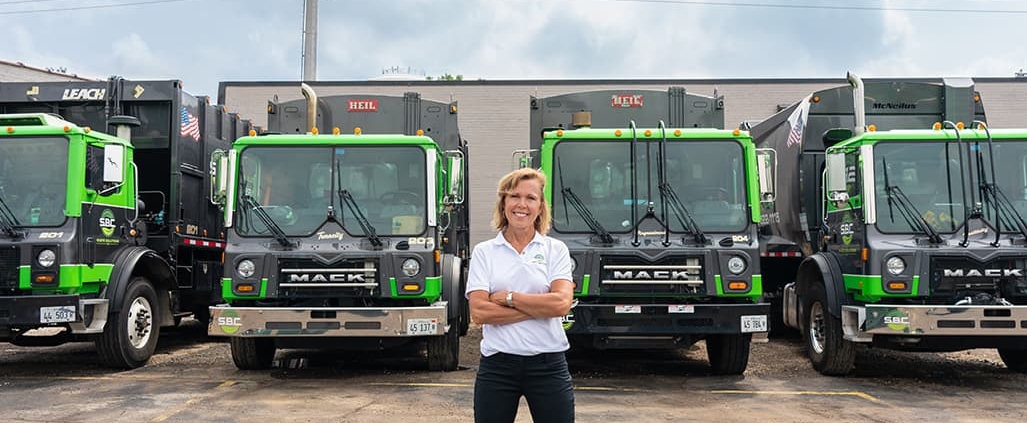

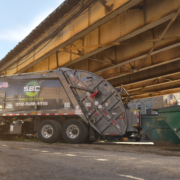
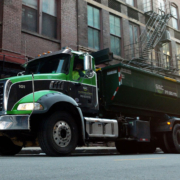
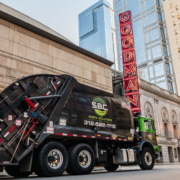


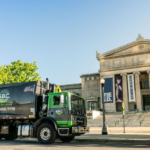

Leave a Reply
Want to join the discussion?Feel free to contribute!